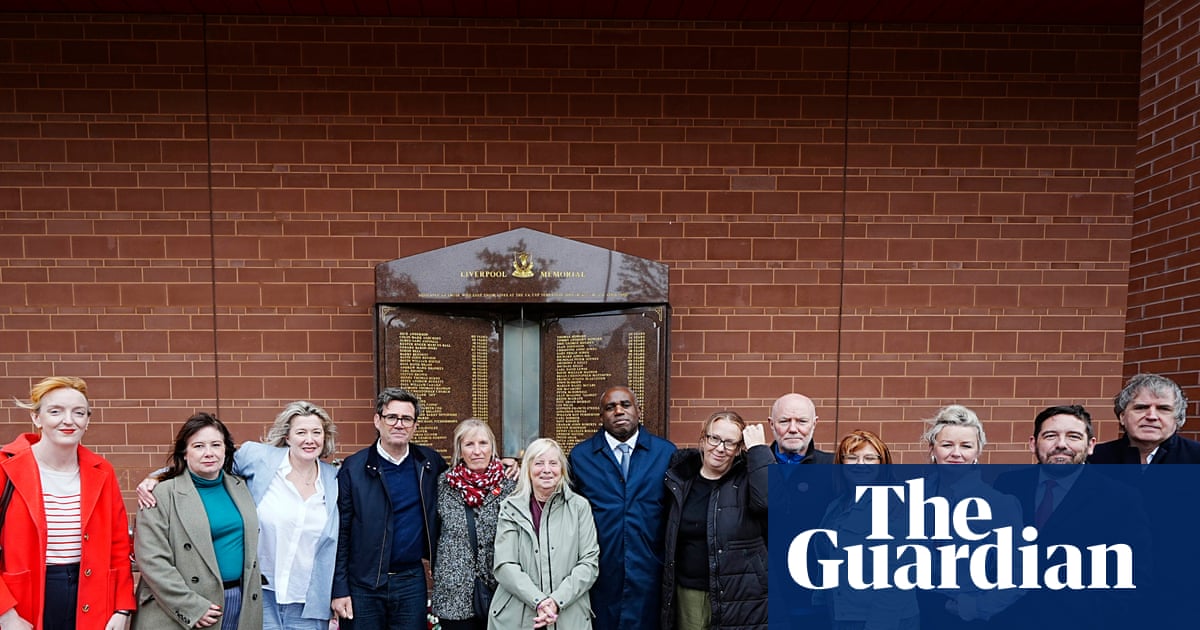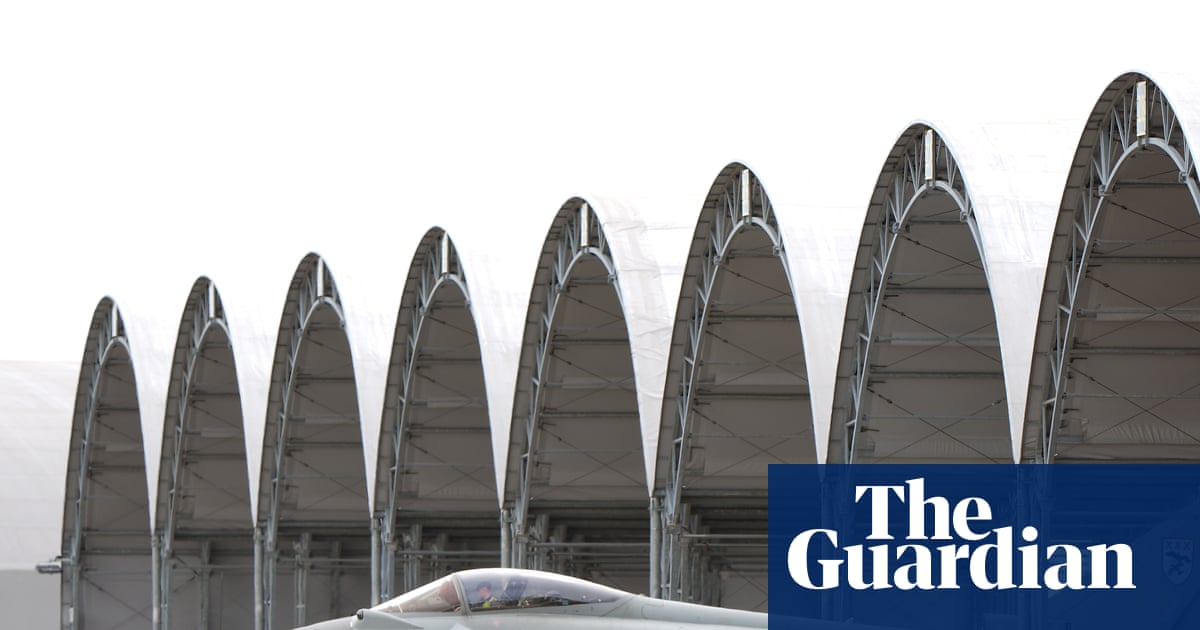Key events Show key events only Please turn on JavaScript to use this feature
Ruth Gregory, deputy chief UK economist at Capital Economics, warns that there is little underlying momentum in the economy, as more recent data suggests.
GDP growth was unrevised at 0.7% q/q in Q1, but we already know this strength has started to unwind. The underlying picture is still that there is very little momentum in the economy.
Growth was a bit less dependent on a likely one-off surge in business investment in Q1 than previously estimated. That was revised down, from 5.9% q/q to 3.9% q/q. What’s more, consumer spending growth was revised up a notch, from 0.2% q/q to 0.4% q/q.
And the news that the household saving rate fell from 12.0% in Q4 to 10.9% in Q1 provides some encouraging signs that consumer spending growth will edge higher in the quarters ahead.
That said, these minor tweaks to the shape of growth don’t change the big picture. Business investment and net trade remained the main drivers of growth. And given activity has been brought forward ahead of US tariffs and the leap in business investment reflects a one-off leap in spending on aircraft, these sources of growth won’t be sustained. Indeed, we already know that exports to the US fell by 31% m/m in April after they had risen by 34% in total in the five months to February.
Of course, all this backward-looking news is less important than the timely data which suggest GDP has done little more than flatline in Q2. The latest GDP figures do not change our view that the economy will grow by just 1.0% this year, which would be no better than last year and a little weaker than the consensus forecast.
Introduction: UK economic growth confirmed at 0.7% in first quarter as household saving ratio falls
Good morning, and welcome to our rolling coverage of business, the financial markets and the world economy.
The UK economy grew by 0.7% between January and March, but households saved less amid the cost of living crisis, according to the latest official figures.
The GDP growth figure was unchanged from the Office for National Statistics’ previous estimate.
The service industries grew by 0.7% in the first quarter while production expanded by 1.3% and the construction sector eked out 0.3% growth.
The household saving ratio, a measure of how much people save, fell for the first time in two years, to 10.9% from 12%, as they spent more on fuel, rent and restaurant meals.
ONS director of economic statistics Liz McKeown said:
While overall quarterly growth was unrevised, our updated set of figures show the economy still grew strongly in February, with growth now coming in a little higher in March too.
There was broad based growth across services, while manufacturing also had a strong quarter.
The saving ratio fell for the first time in two years this quarter, as rising costs for items such as fuel, rent and restaurant meals contributed to higher spending, although it remains relatively strong.
The ONS said that while the quarterly figure was unrevised, monthly growth was slightly higher than first thought in March, at 0.4% versus its initial estimate of 0.2%. January saw zero growth and February posted expansion of 0.5%, both unrevised.
In April, GDP is estimated to have fallen by 0.3%, largely because of a drop in services output.
The UK-US trade deal has come into effect today, which means lower tariffs for UK carmakers (10%) and the aerospace sector (0%).
The Agenda
-
9.30am BST: Bank of Engalnd consumer credit and mortgage approvals for May
-
10am BST: Italy inflation for June (preliminary)
-
1pm BST Germany inflation for June (preliminary)
-
8pm BST: ECB president Christine Lagarde speech

.png) 2 months ago
35
2 months ago
35

















































